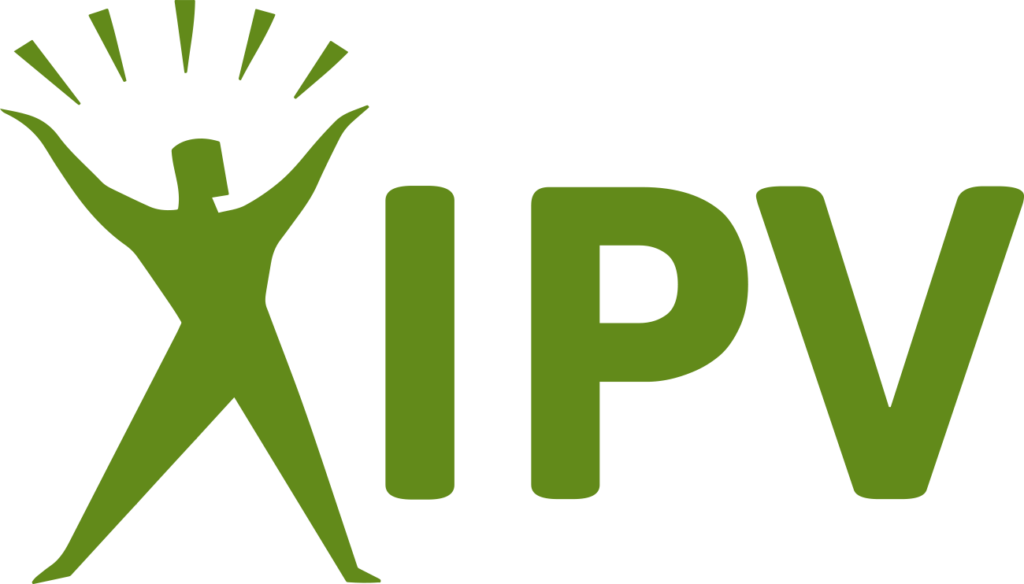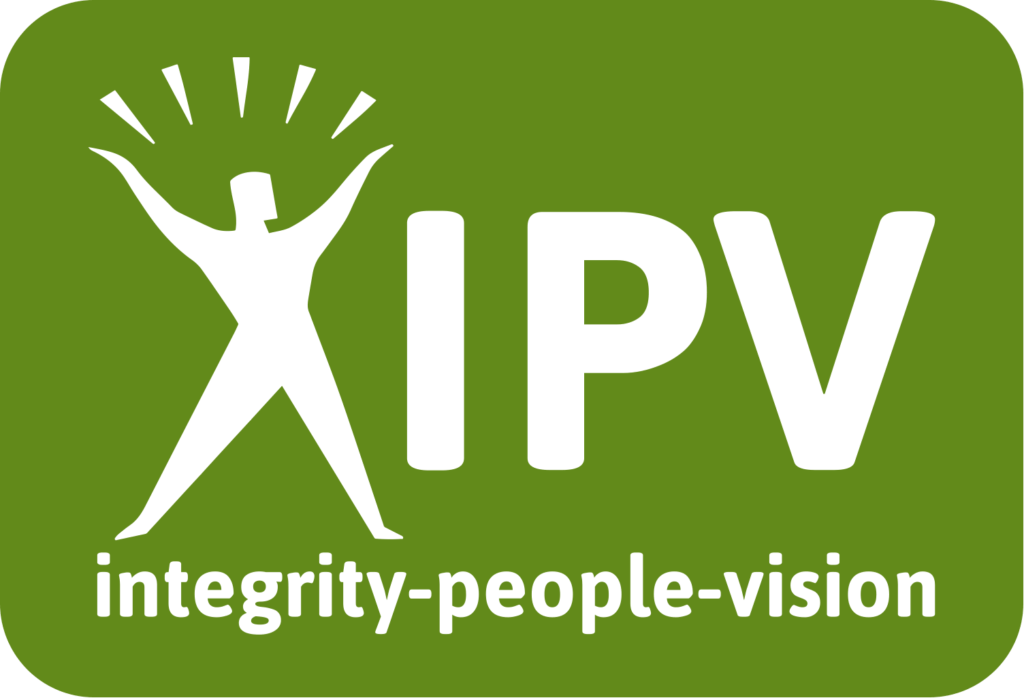8 in 10 Working Americans are stressed today according to The American Institute of Stress (AIS) which is up over 10% in just one year! Furthermore the same survey indicates 26% stated they were “often or very often burned out or stressed by their work.” With increased demands, less staff and tight schedules, we are all at risk.
Understanding the 12 Stages of Burnout is just the beginning of avoiding this trap and becoming a statistic. Once you become aware, you will need to learn how to reverse the affects and consequences it can bring. Let’s begin by familiarizing yourself with the 12 stages:
STAGE 1: Excessive Ambition – We get a task and we dive in, many times without pre-planning
STAGE 2: Pushing Ourselves to Work Harder – We may forget we are not invincible in this stage
STAGE 3: We Neglect our Personal Care & Needs – Some days it’s fast food and other days it’s no food!
STAGE 4: Displacement of Conflict – We are now poised and ready to pounce on anyone crossing our path
STAGE 5: Changes in Our Values to Validate Our Self Worth – We try to justify and explain everything
STAGE 6: Denial of Problems & Blaming – We are doing whatever we can to avoid admitting responsibility
STAGE 7: Social Withdrawal – We pull back from others and isolate ourselves
STAGE 8: Obvious Behavior Changes – Now others are starting to notice something is wrong with us
STAGE 9: Confusion of Identity – You don’t even know who you are anymore
STAGE 10: Inner Emptiness – You now feel lost, alone and completely drained
STAGE 11: Depression Sets In – Over the past 10 stages you have now altered your physiology and body chemistry. In some situations, you have even created cellular changes in the brain.
STAGE 12: Mental or Physical Collapse – Hopefully you have not gotten this far!
The first step to reversing any one of these stages is recognizing your current state of mind and making a decision to develop the necessary changes in your day to day. This will require a commitment to make alterations in your decision making, mind habits, and health habits. As the old adage states, “If you always do what you’ve always done, you will always get what you always got.”
The second step is understanding how stress affects our physiology when we handle It improperly. We were created to be resilient, positive and hopeful. When we allow our circumstances to overtake us and we meditate on those circumstances, it releases the stress hormones, Adrenaline and Cortisol. This is commonly known as the “fight or flight” response.
In this state, portions of the frontal cortex (the executive center) of your brain are actually paralyzed causing you a number of issues such as, brain fog or fatigue, shortened memory, difficulty learning or perceiving information, sleeplessness and many other disorders.
When we mishandle stress consistently over time, living reactively, it becomes chronic stress. In this condition, we have essentially become addicted to the chemicals and hormones released when we react with the same habits and feelings becoming a vicious cycle. Once this happens, we are well on our way to Stages 11 or 12 even leading to cellular changes. These physical alterations can actually cause shrinking in the portion of our brains which controls memories and processes important information (the hippocampus). Furthermore, we will experience a sort of “take over” on our Amygdala which controls our emotions.
We were not designed to allow our circumstances to control us, we were designed to create patterns or habits which allow us to control our circumstances.
Regardless of the stage you are in, if you will consider the following changes in your life, you can increase your odds of potentially reversing and also preventing this downward spiral.
Commit to the following new daily habits:
- · Write down at least 5 things you are grateful for every day and think about your gratitude
- · Exercise for 20-30 minutes to release endorphins which lower the stress response, boost your energy and increase your mind function
- · Write out 5 goals per day you want to achieve along with the steps required to make it happen, then follow through
- · Take 30-60 minutes per day to completely UNPLUG from ALL devices (including TV) and go for a walk, read a book or just spend time with loved ones
- · Meditate on and Visualize the life you expect to live, not the life you have been living
- · Bless others! Volunteer, offer help, pay it forward, go out of your way to be kind every opportunity you get
These are just a few of many things that will help. If you want to know more about how to build a new routine for success, feel free to reach out to me (no cost or obligation – let’s just talk). Empowering others is one of the ways I like to pay it forward!
Michelle L Steffes, CPS, CPLC





